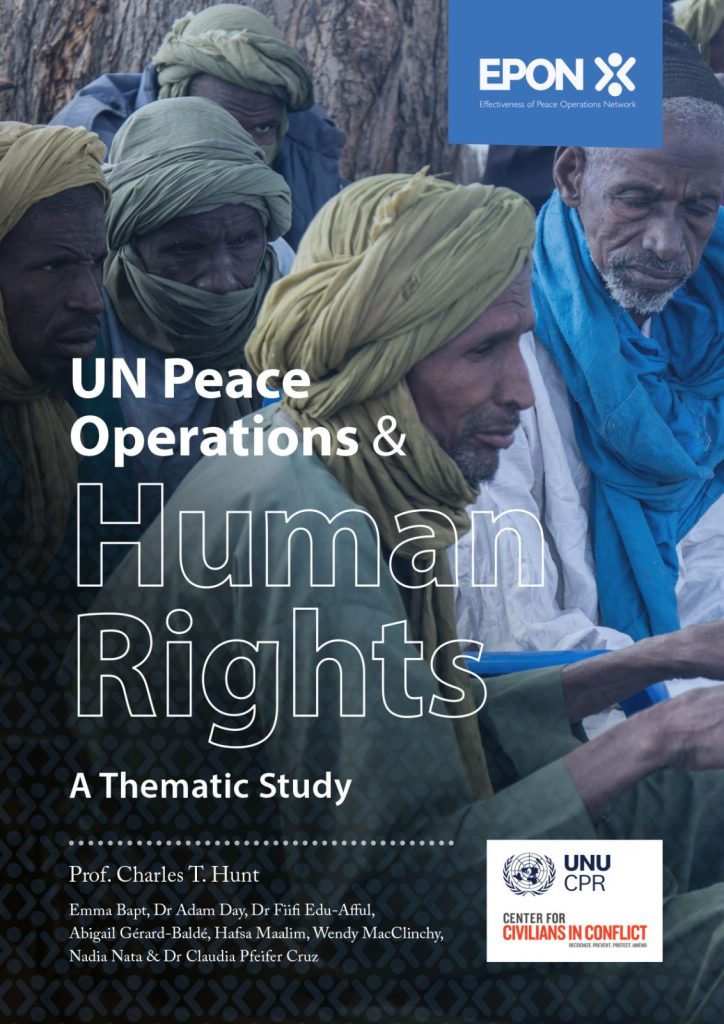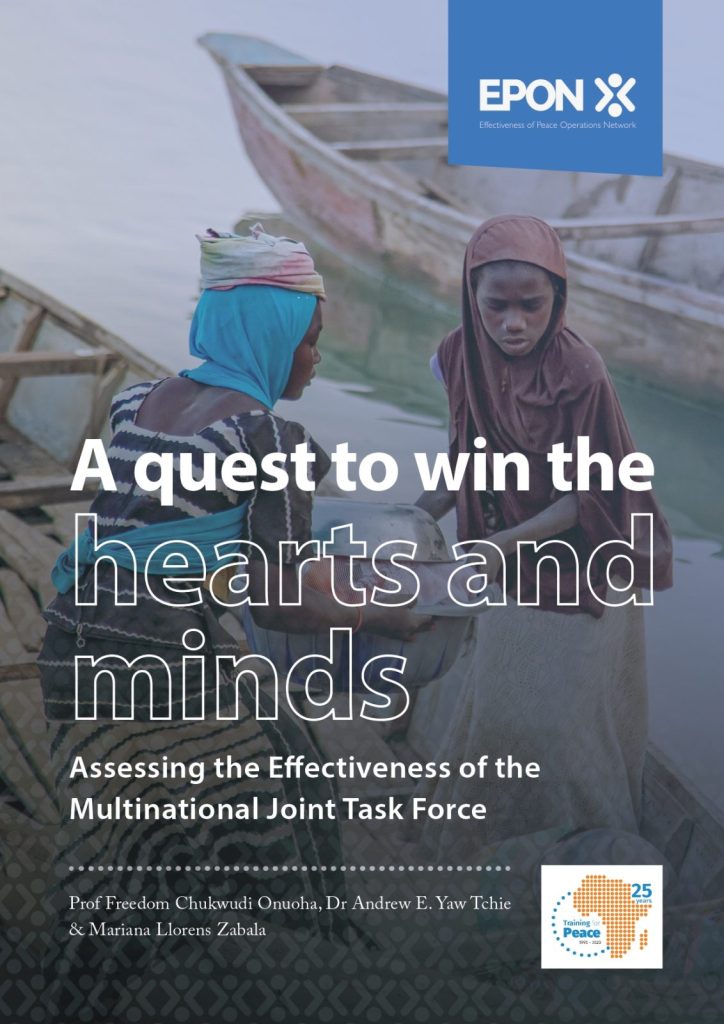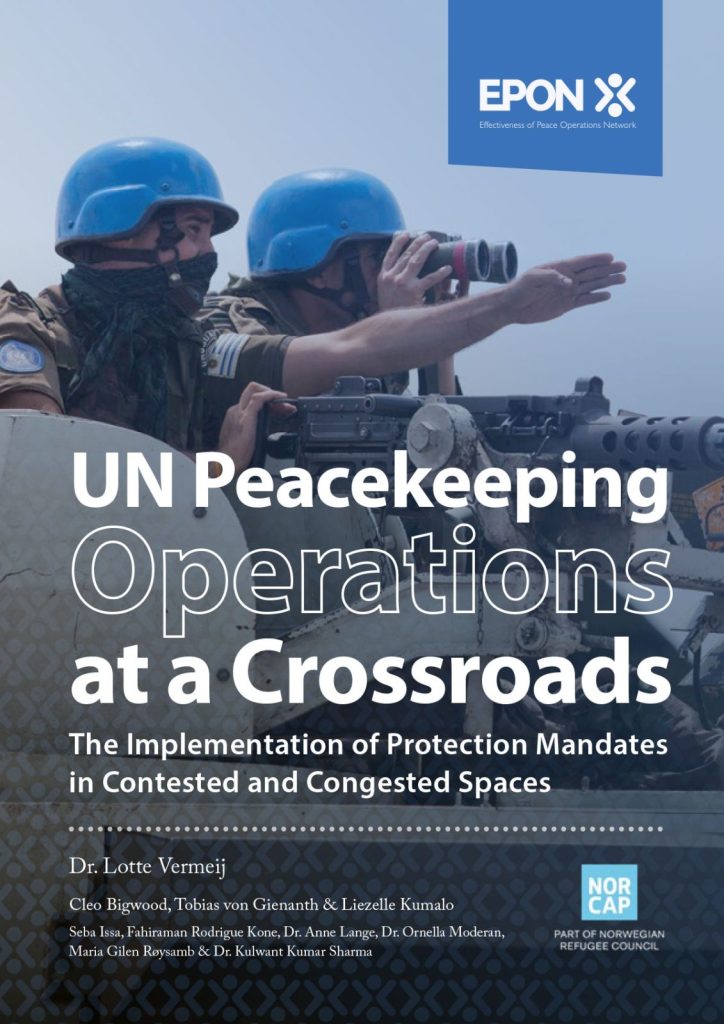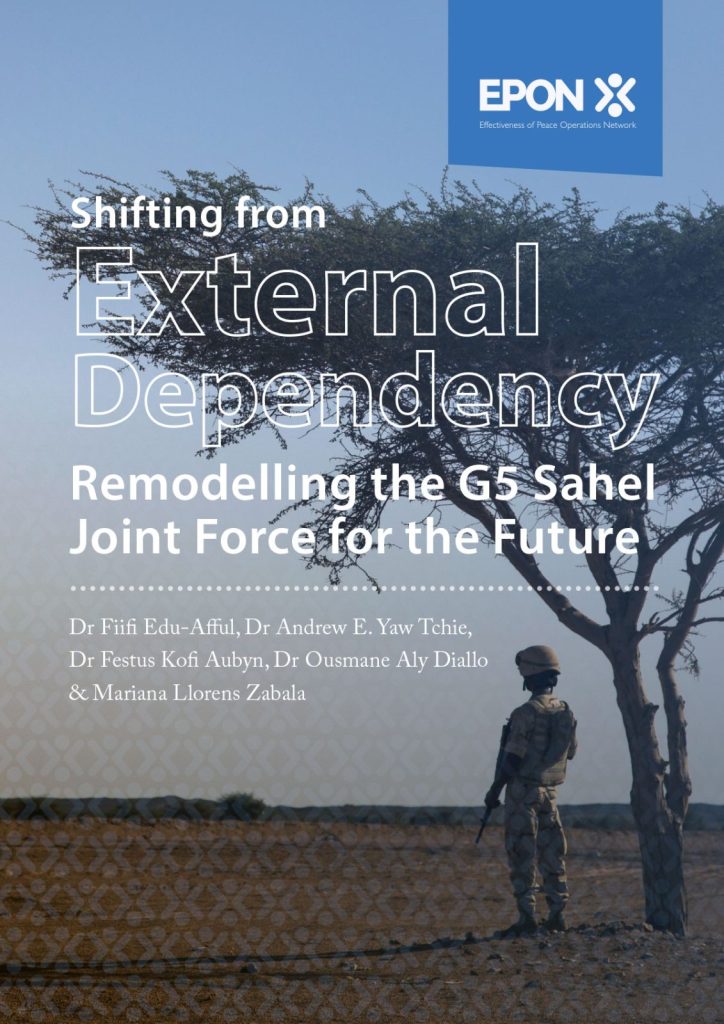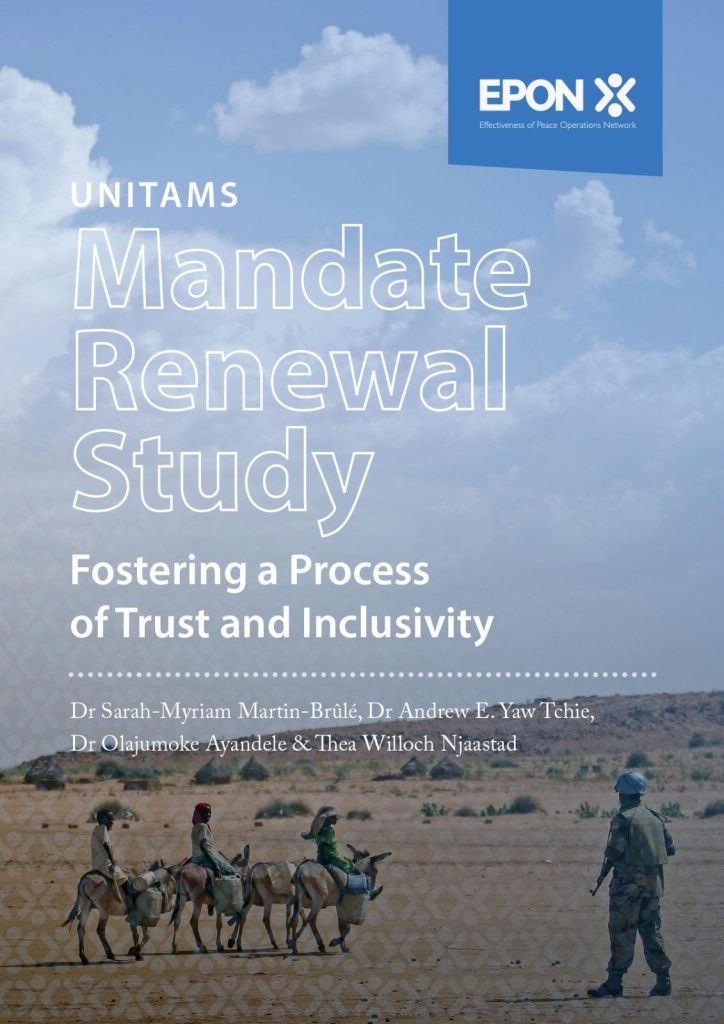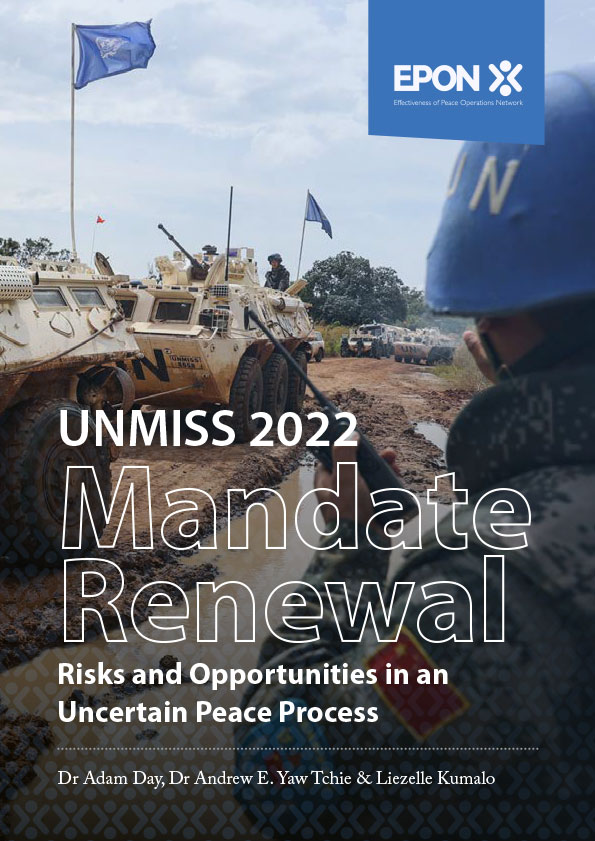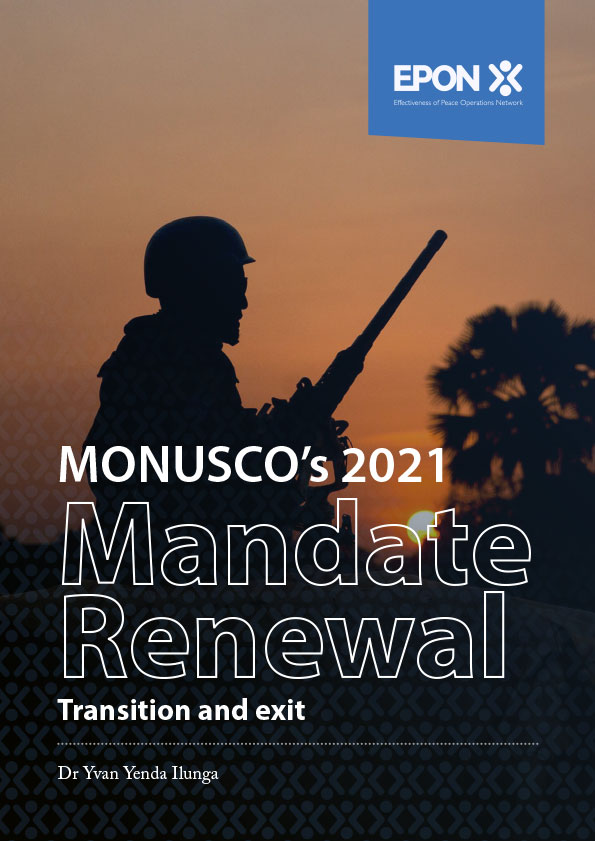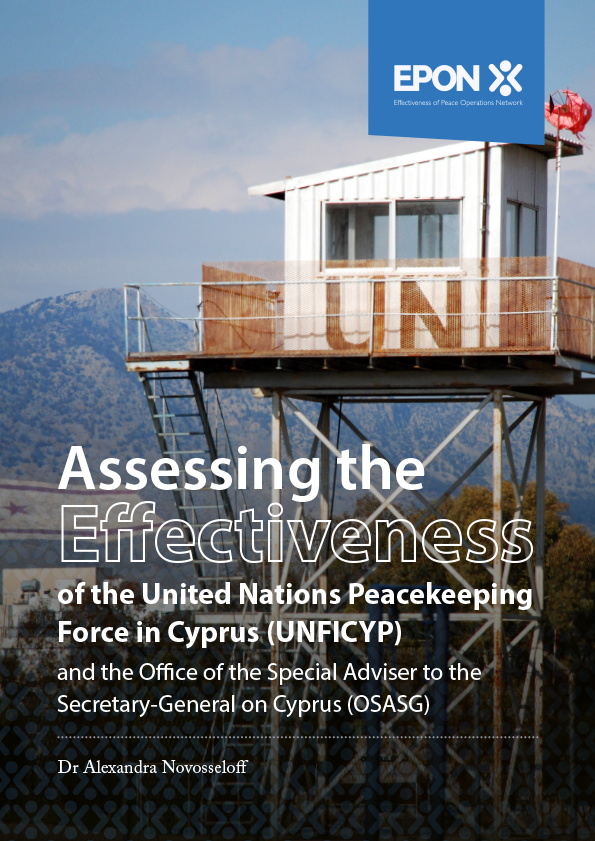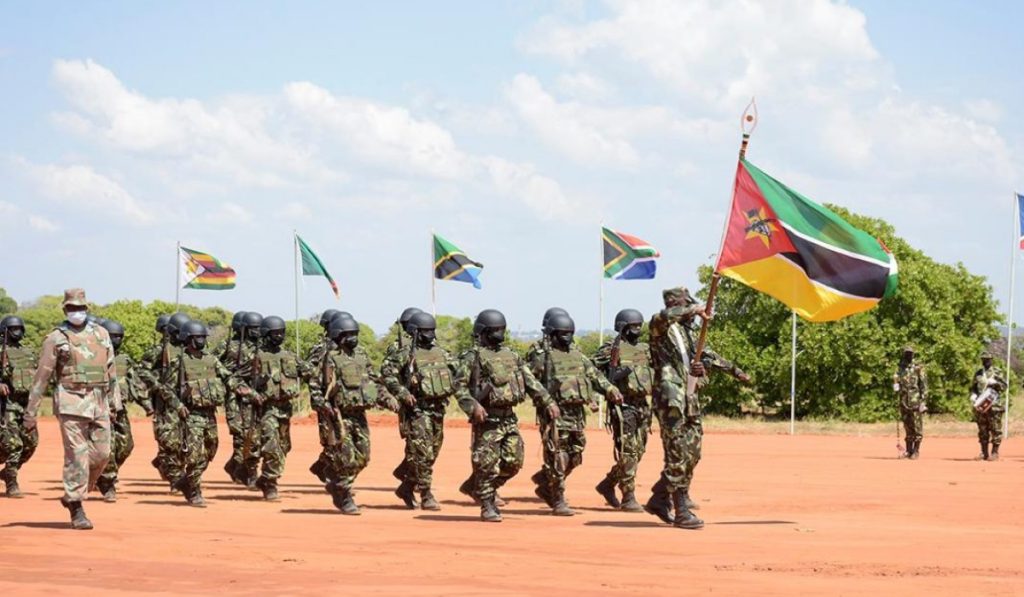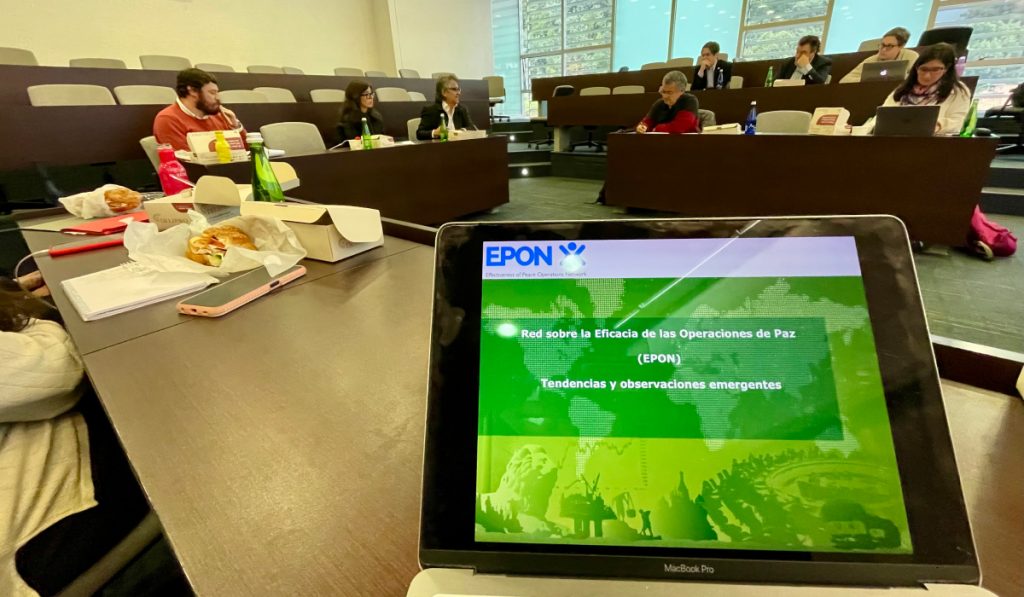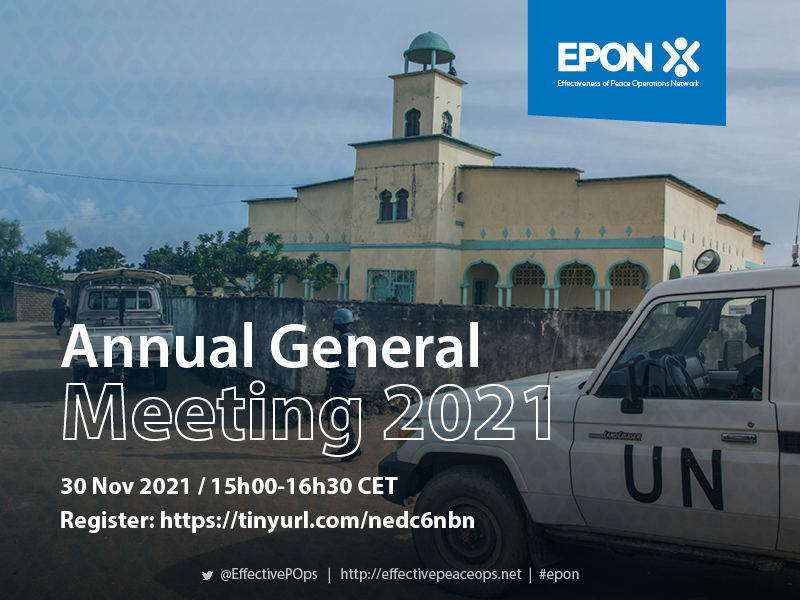Peace operations are one of the most important international mechanisms for contemporary conflict management. However, their effectiveness remains the subject of confusion and debate in both the policy and academic communities, and there is a distinct lack of independent, research-based information about the effectiveness of such operations.
The Effectiveness of Peace Operations Network aims to enhance the effectiveness of international peace operations by enabling and supporting collaborative research.
The Norwegian Institute of International Affairs (NUPI), together with over 40 partners from across the globe, has established an international network to jointly research the effectiveness of peace operations. Each EPON case study focuses on a specific peace operation using a common methodology. In their own right, these case studies provide unique insights into specific operations. Jointly, however, the case studies also create a comprehensive resource on peace operations and their effectiveness.
The first four pilot case studies were undertaken in 2018, in the Democratic Republic of the Congo (MONUSCO), Mali (MINUSMA), Somalia (AMISOM) and South Sudan (UNMISS). In 2019, the project will continue with studies of the UN mission in the Central Africa Republic (MINUSCA), the UN-AU hybrid mission in Darfur (UNAMID), the UN mission in Colombia and the EU and OSCE missions in the the Ukraine.
The network is coordinated by NUPI. Many of the partners fund their own participation. NUPI has also received funding from the Norwegian Research Council and the Norwegian Ministry of Foreign Affairs to support the Network and its research, including via the UN Peace Operations project (UNPOP) and the Training for Peace (TfP) Programme.
